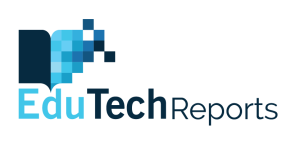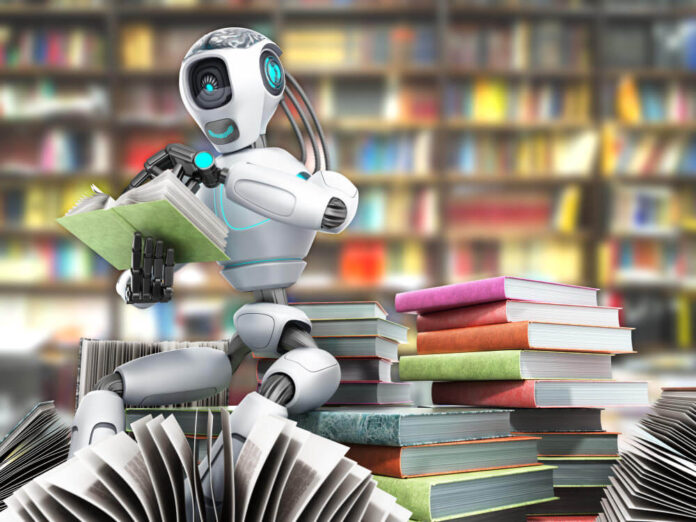Artificial intelligence (AI) is transforming industries across the globe, and the education sector is no exception. With the rapid growth of AI technologies, school systems, particularly in the K–12 education, are struggling to keep pace with these advancements.
However, a new development in AI—agentic AI—could help bridge the gap between the fast-moving world of AI and the more traditionally-paced nature of schools. This breakthrough promises to enhance decision-making, personalize learning, and optimize various aspects of school management.
What is Agentic AI and How Has It Evolved?
Agentic AI refers to intelligent systems that can analyze data, adapt to new information, and collaborate with humans to solve complex problems. As of 2024, schools have begun exploring the use of single agents that can analyze datasets and generate actionable insights.
For instance, an AI agent could evaluate the impact of a school’s dress code policy on student behavior. These agents aren’t just static tools; they are designed to learn and evolve based on new patterns, providing deeper insights and helping schools make more informed decisions.
Unlike traditional chatbots, which are limited to preset responses, agentic AI systems are capable of understanding context, drawing from multiple data sources, and even interacting with other agents to make predictions or take actions.
This adaptability positions AI as a game-changer in education, offering the potential to streamline processes and improve student outcomes on a larger scale.
How Can AI Agents Enhance K–12 Schools?
AI agents offer a range of solutions for K–12 education, many of which center around predictive analytics and data-driven decision-making. For example, a school district could use AI to improve student attendance rates. By analyzing historical attendance records, test performance, and instructional strategies, AI can predict patterns and suggest ways to improve student engagement.
This kind of predictive analysis can be applied across various facets of school operations. Imagine a school with vast amounts of siloed data—from attendance to test scores, and even behavior records. AI agents can unify these data sets, providing school administrators with insights and strategies in a fraction of the time it would take using traditional methods.
AI agents can also assist in personalizing learning. By analyzing a student’s performance, preferences, and learning style, AI can recommend customized educational content or interventions that target specific areas for improvement, ensuring that each student receives the support they need.
Key Considerations for Schools Using AI
As exciting as AI in education is, there are important considerations that schools must keep in mind before diving in. One of the primary concerns surrounding AI is data security. Like all AI technologies, agentic AI systems rely heavily on data, which raises questions about privacy and the protection of sensitive student information.
Digital Promise offers a helpful framework for schools to navigate these challenges. Their guidance focuses on three main areas for districts to concentrate on: how to use AI, how to understand it, and how to evaluate its effectiveness. Understanding these principles is essential for building AI literacy among educators and administrators, ensuring that they can make the best use of AI tools in the classroom.
For schools unsure of how to begin their AI journey, organizations like CDW and Advanced Learning Partners (ALP) provide support in assessing AI readiness. These partners help schools determine what technical and instructional infrastructure is necessary for successful AI integration.
Conclusion
The rapid development of AI technologies offers incredible opportunities for K-12 education. Agentic AI, with its ability to analyze data and provide insights, is an innovative tool that can help schools improve decision-making, personalize learning, and address a variety of challenges in real-time. However, schools must approach AI with a clear understanding of how to use, evaluate, and safeguard these technologies.
As the education sector embraces the potential of AI, school leaders need to foster AI literacy and prepare their systems for the future. With the right tools and training, AI can help transform K–12 education, making it more efficient, personalized, and responsive to the needs of every student.
Schools can stay ahead in the digital age by understanding the potential of agentic AI and adopting a thoughtful approach to its integration, as AI is poised to significantly shape the future of education.











